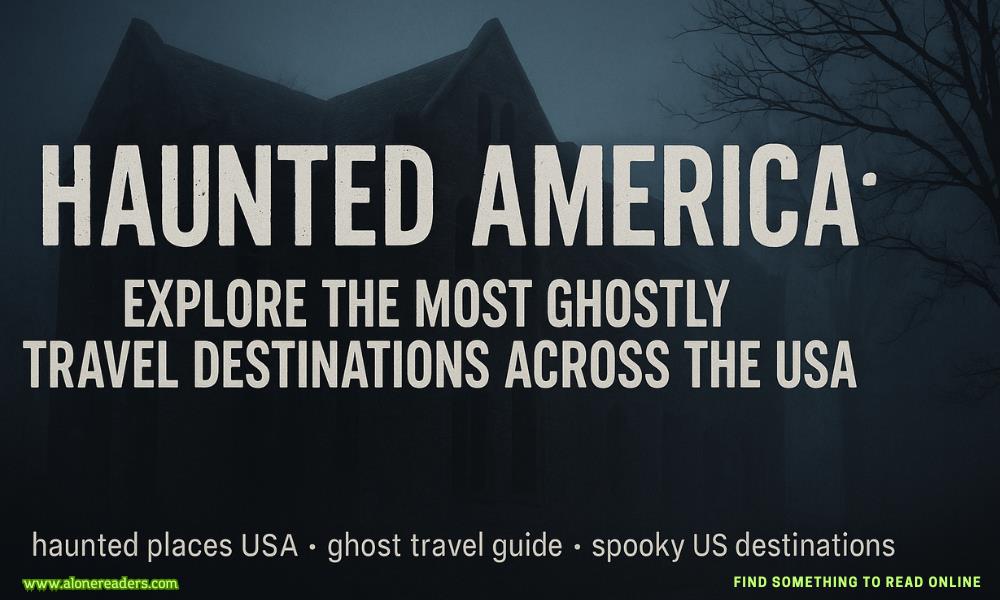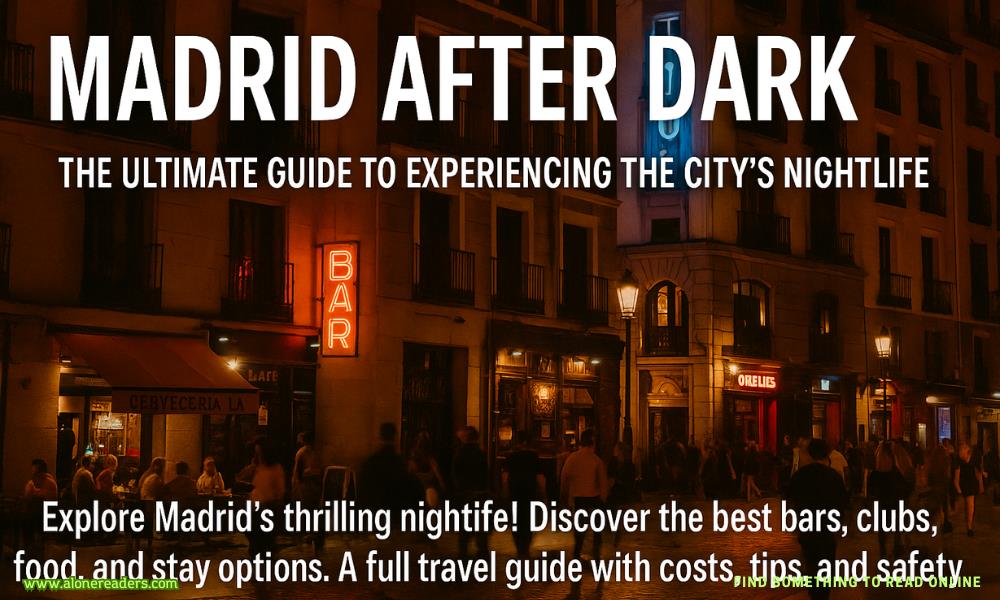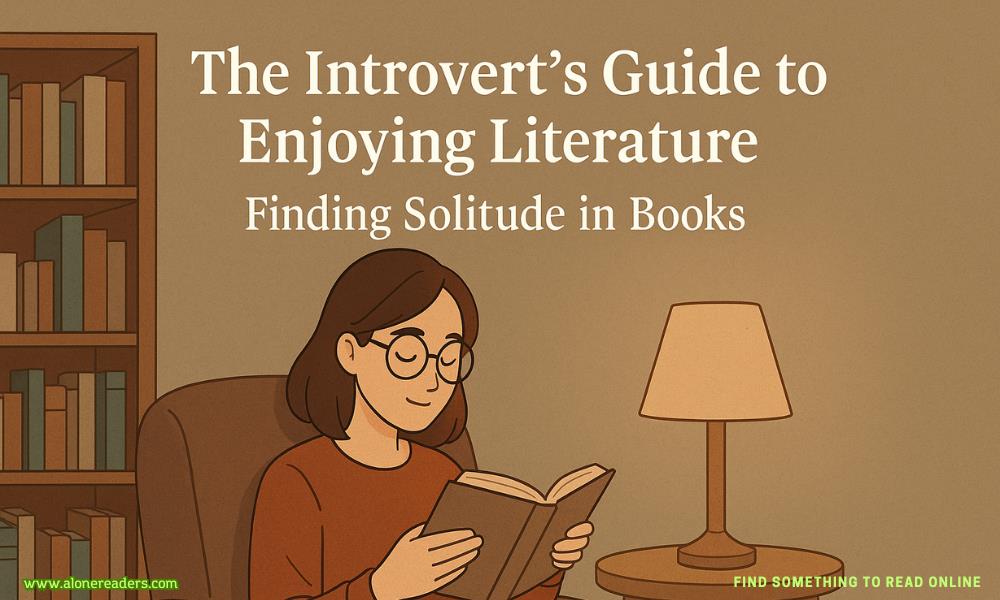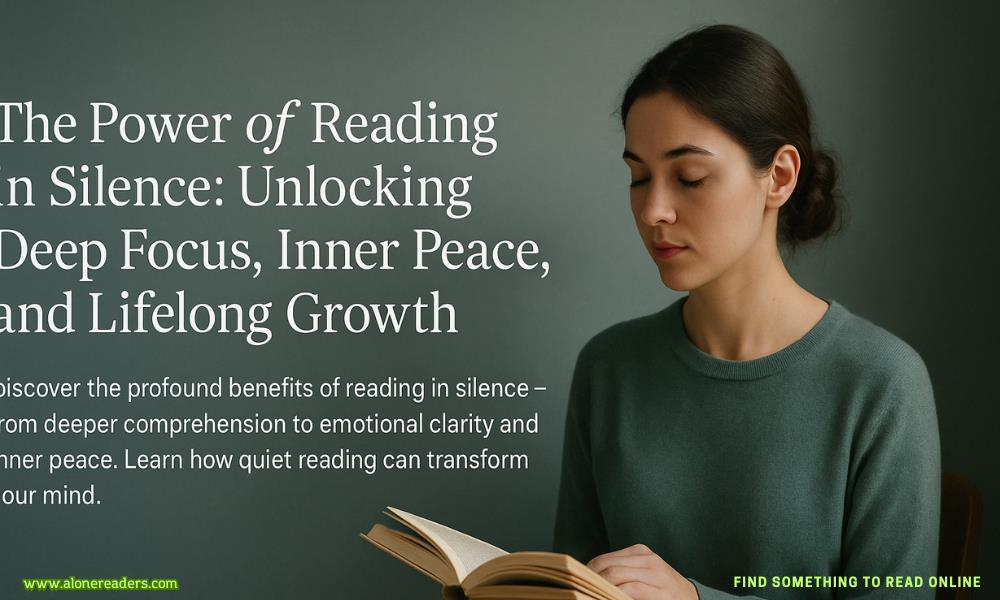Page 71 of Broken Country
The jury is smirking again, ready for more sarcasm, more performance. But Donald Glossop does the volte-face for which he is famous, his voice raised to a pitch just below a shout.
“I suggest it isguiltthat has brought you here today, Mr. Wolfe. Guilt your love affair with Beth Johnson was an unfortunate catalyst in Jimmy Johnson’s death.”
“I fail to see how my feelings about my relationship with Beth have any relevance to this case? I was called to testify because I was one of the last people to see Jimmy Johnson alive.”
Gabriel’s voice is terse as he says this. To the courtroom he probably sounds impatient. A man trying to keep his irritation under control. But all I hear is Gabriel’s desolation, the quiet change in his voice when he says my name.
“Quite so. And it is your viability as a witness I now call into question. A few moments ago, you readily admitted to being a liar. I don’t believe we can trust a word you are saying.”
He allows one final, significant pause, before he delivers his dismissal in a bored and weary tone as if Gabriel is nothing but a waste of time. “I have no further questions for this witness, my lord.”
1968
When the date for the trial was set, Eleanor came to stay with us at the farm. As a solicitor she had been in court hundreds of times, she knew the drill. Night after night, we sat by the fire while Eleanor explained what would happen. She told us who everyone was and showed us where each would sit, drawing a diagram of the court with crosses to mark each person’s place. “The court clerk sits here,” she’d say, brandishing her felt-tip. “This is the press bench, it’s going to be packed when Gabriel testifies.” I remember staring at her sketch of the prisoner’s dock, with its bleak labeling—FRANK—and thinking,This cannot be happening. Not to us.
Eleanor grilled Frank on the events of that night, taking him through it, minute by minute, until he begged for a break. She was relentless. “I know it hurts to think about it, Frank. But it’s going to hurt a lot more when you’re facing Donald Glossop in court. Believe me, he’s as vicious as a rabid dog. You’ve got to be watertight.”
How many times did she make him go over that final fateful scene? Jimmy wild with drink, abusing Frank while he tried to wrest the shotgun from him. A tussle between the brothers which ended in death.
The essence of the case is this: Did Frank, following those last moments of goading from Jimmy, intend to cause serious harm, which would then make Jimmy’s death murder? Or was it, as Frank claims, an act of self-defense that ended in devastating tragedy?
Robert Miles, our defense barrister, was young to takesilk. He is in his early forties, slim and fresh-faced, an almost exact antithesis of his opponent. I picture Robert running along the Thames at sunrise while Donald Glossop sleeps off another big night of port and Stilton. Robert is graceful, elegant, courteous; the Crown prosecutor has the bulk of a rugby player, the attitude that goes with it.
Before he hired Robert, Gabriel spoke to everyone he knew in the legal world and quite a few people he didn’t, friends of friends, fathers of friends, uncles, boyfriends, brothers. Robert’s was the name that came up most frequently.
Gabriel is visibly relaxed as he awaits cross-examination. Robert is on the payroll, after all. And Gabriel’s ordeal is almost at an end.
“I see no reason to rake over the details of your relationship with Mrs. Johnson again,” Robert says. “I’m much more interested to hear about Jimmy’s state of mind in the time you spent with him, both in your garden at home and in the car journey to the farm.”
“He was aggressive. Full of vitriol. But also, at the stage of drunkenness where he was not making a great deal of sense.”
“But you felt threatened by him?”
Gabriel pauses and Robert quickly adds: “An inebriated, vengeful man in charge of a shotgun could pose quite a serious threat, I imagine?”
He might as well have said:This is your chance to set up the self-defense scenario, remember?
“Yes, I felt we were in a very dangerous situation. Jimmy shot our kitchen window out. Any one of us might have been wounded. That’s why I wanted him and his shotgun off my property. I needed to keep my son safe. Any father would feel the same.”
“Initially, you were able to calm Jimmy down by tellinghim your relationship with Beth was over. Was he still in a calm state when you delivered him home?”
This time, Gabriel quickly takes the bait. “Initially, yes. He seemed completely worn out by it all. But as we neared the farm, it was as if he had forgotten what I told him about me and Beth. He started making the same threats. He was in a violent mood again, no question.”
I look at Frank in the dock, see the pain flash across his face, though I doubt anyone else would notice. Jimmy was a necessary sacrifice to make our story stick.
“Sounds an explosive mix for Frank to deal with once he got his brother inside?” Robert asks but, before Gabriel can answer, Donald Glossop leaps to his feet.
“My lord, conjecture? Mr. Wolfe cannot have known what went on inside the farmhouse or indeed Jimmy Johnson’s temperament in those final moments.”
Judge Miskin raises a hand in weary acknowledgment. It must be tiring, the constant wrangling between counsel, like overseeing a playground fight with no end in sight.
Robert apologizes to the judge.
“Mr. Wolfe,” he continues. “You were the last person to see Jimmy Johnson alive other than his brother. Did you believe him to be a danger to himself and others on the night of September the twenty-eighth?”
“Absolutely I did. He was drunk in charge of a lethal weapon and in a mind to cause harm.”
Gabriel is a leading witness, and one of the conditions of Frank’s bail was that the two of them must not meet in the months leading up to the trial. But in those first, awful early days it felt impossible that Gabriel and I should never see one another again. So much between us had been left unsaid. One morning, when Frank was out on the farm, I called him and asked if we could meet.
- Her Desert King by Marian Tee
- A Wife's Duty by Sam Crescent
- The Gift that Keeps On Giving by Jessa Kane
- Hard Hearts by Ella Goode
- Obsidian Devotion by Sylvia Rae
- Sold to the Single Daddies by Summer Haze
- Coast by Jessica Gadziala
- Jezebel's Liberation by Lacy Rose
- A Touch of Fate by Cora Reilly
- Relentless Knight by Lisa Cullen
- The Cheerleader by Jade Marshall
- With this Ring by Sierra Cartwright
- Axel by Kelly Finley
- Ice Cold Liar by Cynthia Eden
- Her Daddies' Everything by Laylah Roberts
- Bound By Lust by Rose Marie







